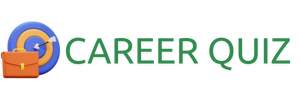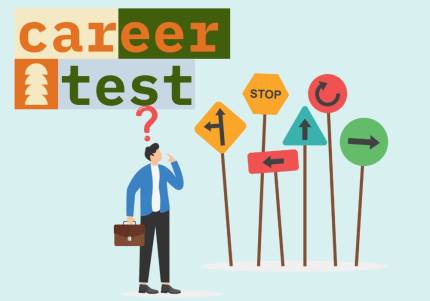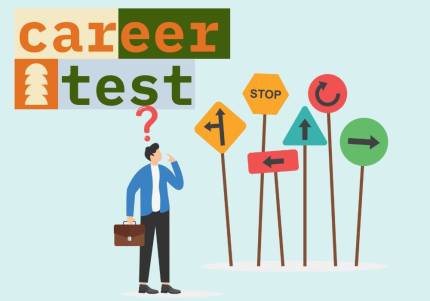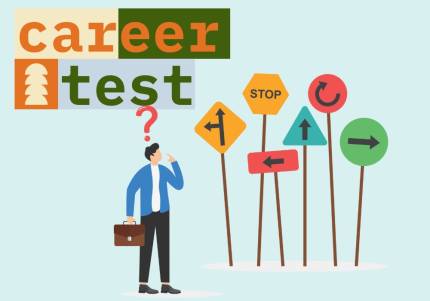How Career Assessments Work: Your Perfect Career Quiz Explained
- 1 May 2025
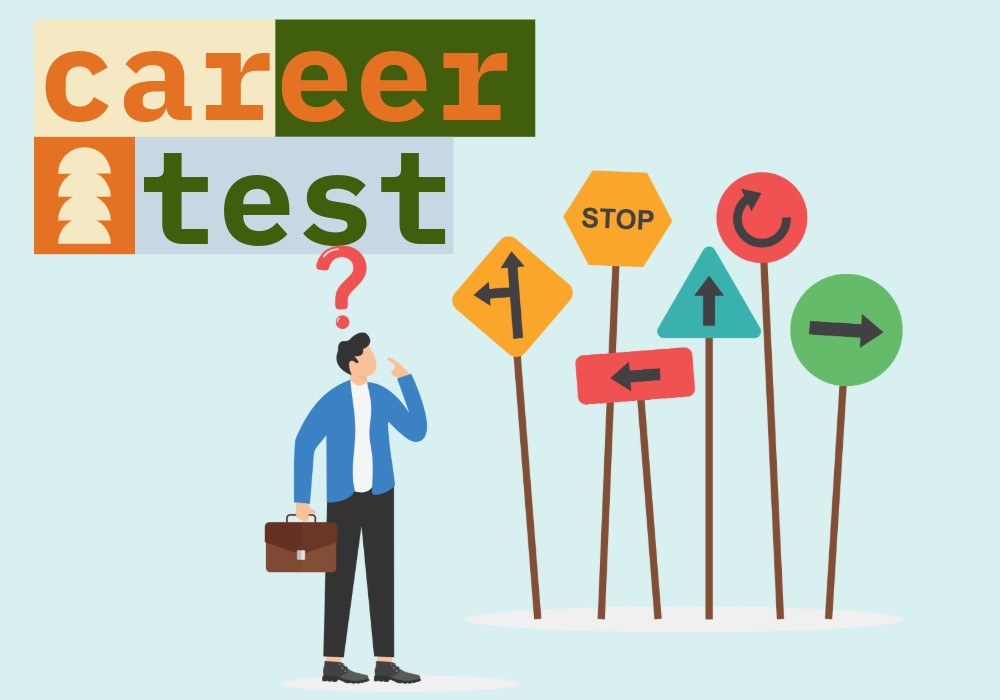
Understanding the Science of Career Testing
Taking a "what's your career quiz" can feel like a simple personality test, but sophisticated algorithms and psychological research power these tools behind the scenes. The dream career quiz options available today combine multiple assessment factors including aptitudes, interests, values, and personality traits to generate recommendations. A short career quiz might only take 5-10 minutes to complete, yet the technology analyzing your responses draws on decades of vocational psychology research. The "what your career quiz" results might seem straightforward, but they actually represent complex data correlations between your unique characteristics and successful career pathways.
When exploring "what should be my career quiz" options, it's important to understand how these assessments actually work. Most personality type career quiz formats use either Holland's RIASEC model (Realistic, Investigative, Artistic, Social, Enterprising, Conventional) or the Myers-Briggs Type Indicator as their theoretical foundation. The career generator quiz systems then match your profile against databases containing thousands of occupational descriptions and requirements. Many career matching quiz platforms continuously refine their algorithms based on user feedback and employment outcomes data.
Key Components of Effective Career Assessments
Professional career assessments typically include several distinct components that work together:
- Interest inventories - Measure what subjects and activities appeal to you
- Aptitude assessments - Evaluate natural talents and learned skills
- Personality evaluations - Analyze work preferences and interpersonal styles
- Values clarification - Identify what matters most in your work life
- Work environment preferences - Determine ideal workplace settings
The career explorer quiz platforms combine these elements to create a multidimensional profile. A career ideas quiz often incorporates labor market data to ensure recommendations align with economic realities. Taking the most accurate career quiz requires answering questions honestly rather than how you think you "should" respond.
Interpreting Assessment Results
Career assessment results typically provide insights at several levels:
| Result Level | Information Provided | How to Use It |
|---|---|---|
| Career Clusters | Broad industry groupings | Explore general directions |
| Specific Occupations | Job titles and descriptions | Research specific roles |
| Skills Analysis | Strengths and growth areas | Focus development efforts |
| Work Values | Priority workplace factors | Evaluate cultural fit |
Behind the Algorithms
Modern career assessments use sophisticated data processing methods not visible to users. Your career quiz results often involve complex statistical procedures like factor analysis, correlation matching, and predictive modeling. The algorithms powering these tools continuously learn from user data to improve accuracy.
The teams creating these assessments typically include industrial-organizational psychologists, data scientists, and career development specialists who collaborate to balance scientific validity with practical usefulness. When professional counselors administer assessments, they provide contextual interpretation that automated systems cannot.
Making the Most of Assessment Results
Career assessments should be viewed as valuable starting points rather than definitive answers. The insights from a quality assessment can significantly narrow your focus to promising directions that align with your attributes. Remember that even the most sophisticated assessment is just one tool in your career exploration process.
For best results, use assessments in conjunction with informational interviews, job shadowing, and career counseling. Review your results with an open mind but also trust your intuition when something doesn't feel right.
